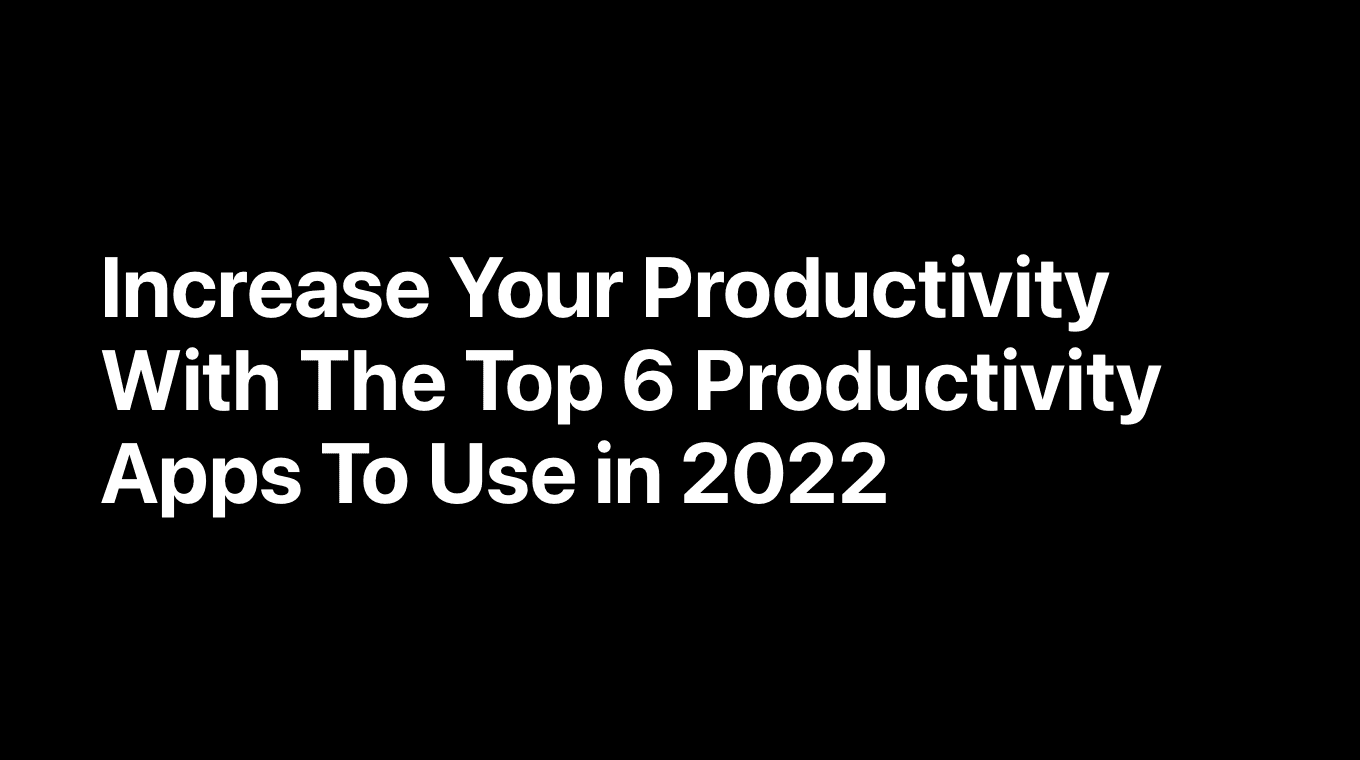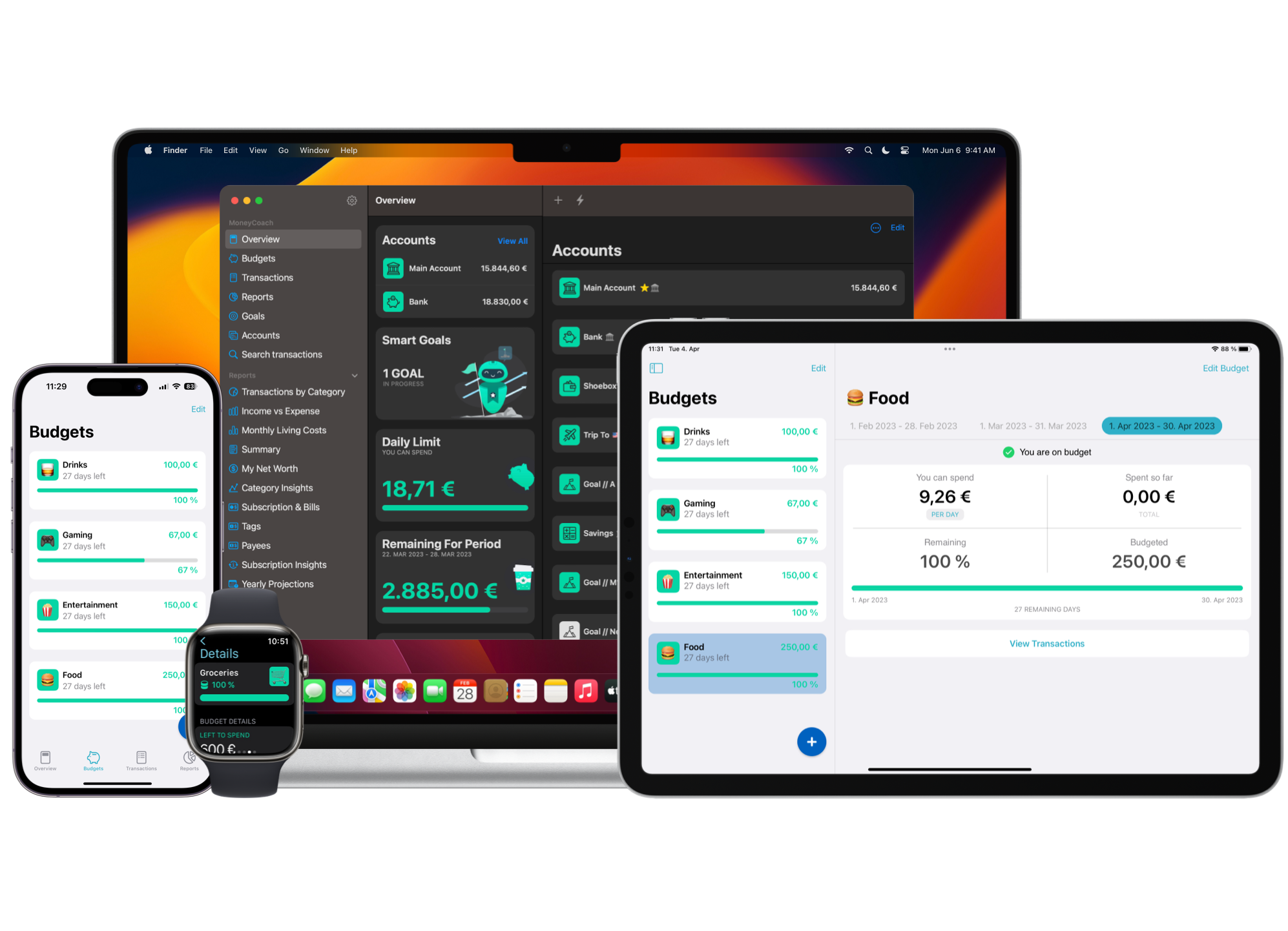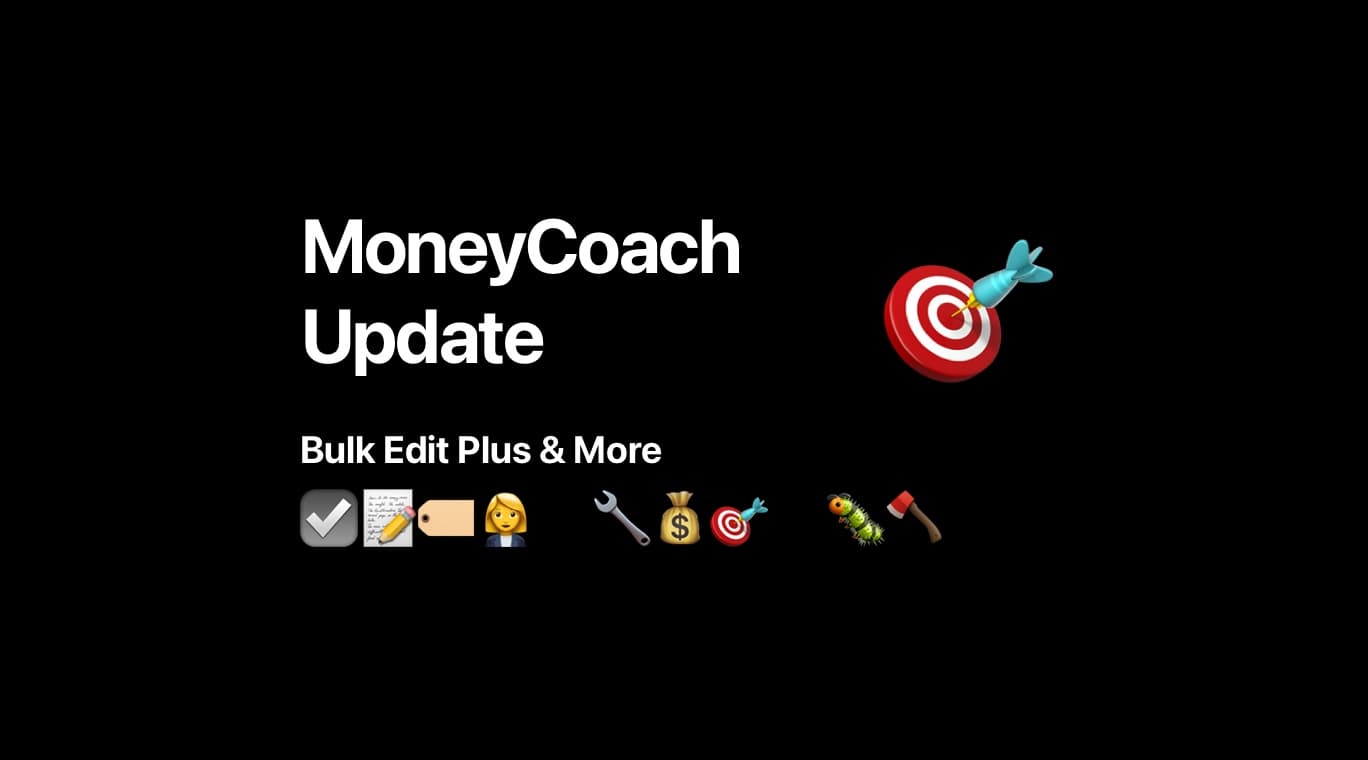
Budgeting is an essential skill that allows you to take control of your finances and make smart decisions with your money. If you're new to budgeting or find the whole idea confusing, fear not! This article is here to help you understand budgeting in a straightforward and easy-to-follow way. Get ready to embark on a journey towards financial success, even if you feel like a complete dummy when it comes to managing your money!
Understanding the Basics
Before we dive into the world of budgeting, let's cover some basic terms:
- Income: This is the money you receive, like your salary or any other payments you get.
- Expenses: These are the things you spend your money on, like food, rent, bills, and other stuff you buy.
Creating a Simple Budget
Budgeting is all about planning how you will spend your money. Here's how you can create a simple budget:
- Know Your Income: Figure out how much money you have coming in each month. Write it down or keep track of it on a piece of paper or a computer.
- List Your Expenses: Write down all the things you spend money on each month. This could include rent, food, transportation, entertainment, and any other things you regularly pay for.
- Compare Income and Expenses: Look at how much money you have coming in and compare it to how much you're spending. Are you spending more than you earn? Are there any expenses you can cut back on?
- Set Priorities: Decide which expenses are the most important to you. Things like rent, food, and bills are usually the top priorities. Make sure you set aside enough money for these essentials.
- Track Your Spending: Keep a record of what you spend each month. This will help you see where your money is going and if you're sticking to your budget.
Saving Money
Saving money is an important part of budgeting. Here are some simple tips to help you save:
- Set a Savings Goal: Think about something you want to save money for, like a toy or a special treat. Having a goal will make it easier to save.
- Pay Yourself First: Whenever you get money, like an allowance or a gift, put some of it into your savings. It's like giving yourself a little present for the future.
- Avoid Impulse Buying: Before you buy something, ask yourself if you really need it or if you can save the money instead. Taking a moment to think before spending can help you make better choices.
- Keep Track of Your Savings: Watch your savings grow by keeping track of how much money you've saved. It's like watching a little treasure chest fill up!
Budgeting doesn't have to be complicated, even if you feel like a dummy when it comes to managing your money. By understanding the basics of income, expenses, and creating a simple budget, you can take control of your finances and make smarter decisions with your money. Remember to set priorities, track your spending, and save for the things you want. With a little practice, you'll become a budgeting pro in no time!
MoneyCoach can help you keep track of all your spendings and identify where you are spending the most. Using that information, you can then choose to cut down on those expenses and put that money somewhere else.




